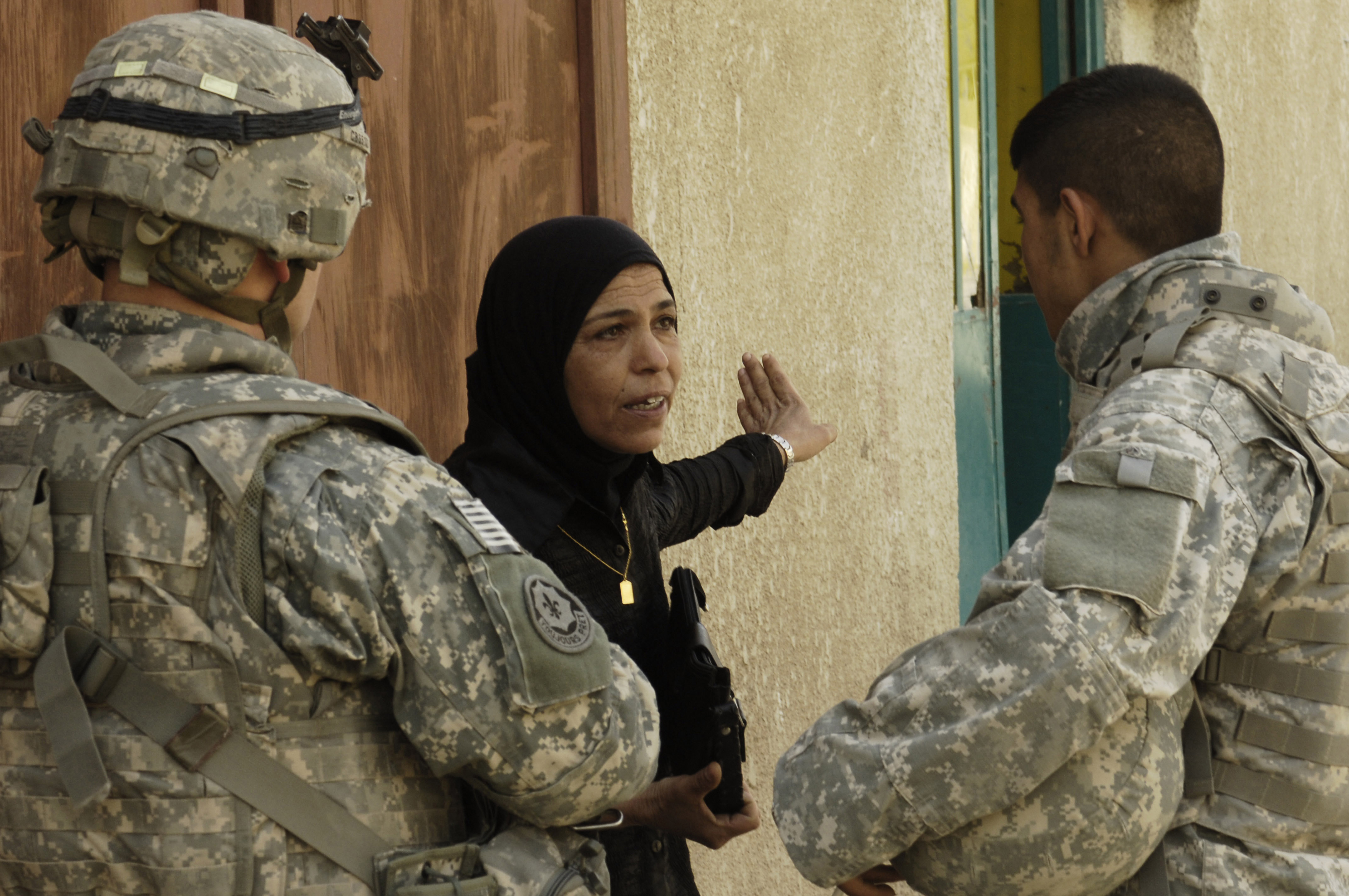On Wednesday, sources told Reuters a proposal aimed at banning immigration from select Muslim-majority countries was on the drafting table at the White House. This plan came to fruition Friday, as President Trump signed an executive order suspending travel from Syria, Iraq, Iran, Libya, Somalia, Sudan and Yemen. The order was a walk-back from the president’s campaign trail call for a “total and complete shutdown” of Muslim immigrants, but problems remain. While such forms of security theater may make some in the heartland feel safer, they don’t really provide additional security. Instead, they make problems worse for our allies.
For one thing, despite the president citing 9/11 during his introduction of the plan, the list of banned countries doesn’t include Saudi Arabia, home to 15 of the 19 9/11 hijackers. Nor does it include Lebanon, Egypt and the United Arab Emirates, which were home to the remaining four terrorists. Conveniently, Saudi Arabia is a major sponsor of the petrodollar, through which U.S. currency maintains trade dominance, so it’s not hard to imagine why they get a pass. As for the other Middle Eastern countries excluded from the list, maybe President Trump’s conflicts of interest can provide room for reflection. However, let’s put aside the issue of our president’s integrity and instead focus on one country on the list where Americans actually have an outstanding debt to asylum seekers.
For nearly a decade, Iraq played host to American forces. During this time, many Iraqi citizens stepped up to provide valuable translation assistance to our coalition. Their roles put them in direct combat alongside their American comrades, but also subjected them to the possibility of reprisal by insurgent forces. Despite their sacrifices, those interpreters were largely left behind in the waning days of the Iraq War.
After invading Iraq, the U.S. created two programs that helped exfiltrate American allies. According to the State Department, the Special Immigrant Visa program stopped accepting applications in 2014 but still has 500 individuals stuck in processing. Meanwhile, the Direct Access Program for U.S.-Affiliated Iraqis, which is ongoing, has about 58,000 Iraqis awaiting interviews. All of these people are further delayed and endangered as a result of the president’s grandstanding with executive orders.
Hamstrung by a bureaucratic nightmare, most of these interpreters remain stuck in a country that has only grown more dangerous since the departure of U.S. military personnel. Interpreters and former military contractors left behind in the wake of the U.S. withdrawal face ongoing threats to their lives and those of their families.
Mark Doss documented this in an article for the Wall Street Journal. In the piece, a former interpreter for the U.S. Army, who wished to remain anonymous for fear of retaliation, survived two car bombs near his home, lost a brother in an attack on his convoy and still receives phone calls from unknown callers threatening to harm his family. He filed an application for a visa in 2009 but was still waiting for adjudication when that article was published more than five years later. Unfortunately, his story isn’t some rare exception.
Katie Reisner, former Iraqi Refugee Assistance Project policy director, notes the holdup in many of these asylum seeker’s packages are likely at the Department of Homeland Security, where applicants are subjected to a protracted vetting process. As Iraq further descends into sectarian conflict, more regulations on an already over-restricted system will result only in lives lost — specifically, the lives of those who have already sacrificed so much for Americans abroad.
All of this begs one final question: What do Trump and the GOP think they’ll achieve through more refugee restrictions?
If the Trump administration is truly concerned with easing regulation, they shouldn’t further burden an area that isn’t a problem in the first place. Maybe it’s this administration’s security theater. It gives Americans the illusion of safety, while not addressing chronic and often complicated problems. Whatever the reason, Donald Trump is now the President of the United States. He would do well to remember that America, unlike the Trump Organization, is built on the promise that we pay our debts, especially to those who help fight our wars. Abandoning the plight of interpreters and local allies, specifically those the U.S. itself has endangered, risks losing their help in future conflicts.
Kyle Rempfer is a sophomore government & politics and Russian major. He can be reached at krempfer@terpmail.umd.edu.



